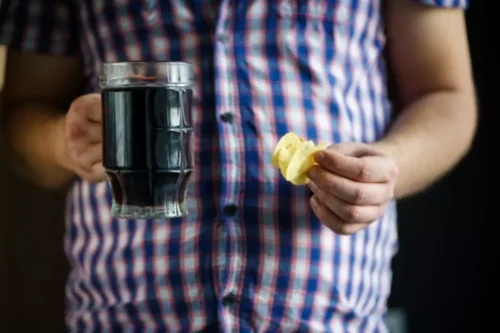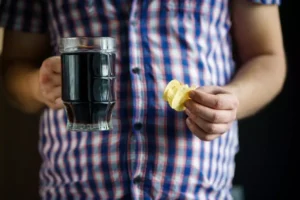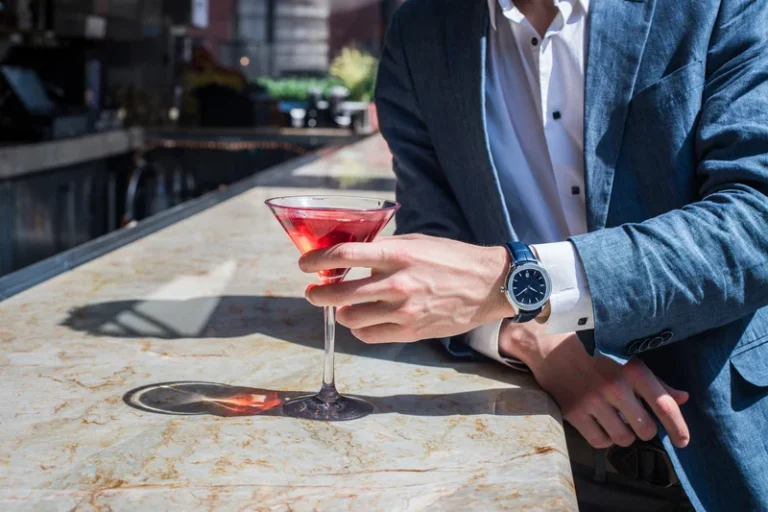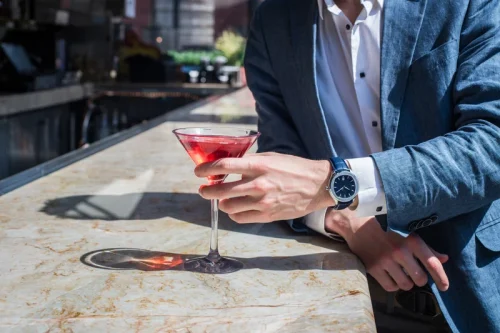Why Does Wine Make Me Hot? Here’s What Science Says

This creates the perception of increased body heat but does not directly cause a fever. It’s also worth noting that, apart from alcohol withdrawal, hot flashes may occur as a result of alcohol intolerance — which is when our body has an adverse reaction to alcohol. It’s a common myth that alcohol raises your internal body temperature, but studies show it can actually lower it. Alcohol consumption affects your ability to regulate your body temperature and also dilates blood vessels, which contributes to feelings of warmth. According to Discovery, alcohol makes your skin feel warm, but it isn’t protecting you from the cold.

Why Does Drinking Alcohol Make Me Hot?

It is important to recognize the nuanced factors that contribute to feeling feverish after drug addiction drinking alcohol. This highlights the importance of moderation, staying hydrated, and being aware of individual health conditions. If you experience persistent discomfort or signs of a fever after heavy drinking, seek medical attention to address any potential underlying problems. • It decreases blood flow near skin, makes you sweat, and causes you to stop shivering.
Alcohol and Colds: Does Whiskey Help a Cold?

If you do decide to have a drink, for whatever reason, do so knowledgeably. “Your body temperature isn’t actually changing; you’re just redistributing the heat,” he told Live Science. He also points out that the individual effects on metabolic health (triglycerides, weight, blood pressure) may still be considerable. In short, you can’t just assume anything based on broad generalizations.
Feeling unwell?

Rough sleeping in extremely low temperatures over winter, combined with prevalent alcohol addiction problems, make the homeless population particularly vulnerable to hypothermia. Your body temperature control (thermoregulation), is affected when you consume alcohol. The alcohol causes unusual thermoregulation activity as it influences the mechanisms your body uses to either warm you up or cool you down. There you have it – we’ve answered the question – why does alcohol make you hot?
How alcohol affects body temperature
As people who flush red when they drink know, alcohol increases blood flow to the skin (vasodilation). “This increases skin temperature and makes you feel warm,” says Professor of human and applied physiology Michael Tipton. Millions of people around the world deal with an alcohol flushing reaction, or an alcohol intolerance. The most noticeable symptoms of this condition is feeling hot and flushed when you drink alcohol. Because we feel a warm sensation from alcohol, many people assume that alcohol warms the body and increases our body temperature. However, studies show that alcohol can actually lower our core body temperature and increase our risk of hypothermia.
In reality, drinking alcohol can cause a decrease in your internal body temperature. If someone drinks to the point of alcohol poisoning, their body temperature could drop significantly, potentially leading to hypothermia. If you drink alcohol at all, experts say you should do so in moderation. There are a number of ways alcohol affects our health — and not in a good way. And when it comes to alcohol and heart health, there are real concerns, including increased heart rate.
- This is because alcohol actually suppresses our immune system and can make it harder for our body to heal.
- You and your community can take steps to improve everyone’s health and quality of life.
- You need to be able to identify the signs of alcohol addiction so that you can ask for help and start recovery.
- That same research shows that drinking greater amounts of alcohol (greater than 30 grams; so, more than two drinks) increases your heart rate up to 24 hours.
So while you might feel like you’re warm because your skin is warm, your vital organs aren’t getting enough blood to work normally. Dress in layers and be able to shed off layers, rather than be underdressed and then figure out your core temperature is steadily dropping. If you’re going to drink alcohol, especially outdoors, make sure you have a designated person who is not drinking who is able to look out after you. When you have a drink, the volume of blood brought to the skin’s surface increases, making you feel warm. As the alcohol education charity Drinkaware Trust6 warns, the combination of alcohol and very cold weather can be dangerous and even lethal.
- Excessive alcohol use can harm people who drink and those around them.
- While more ethanol may create an initial spike in warmth, all alcoholic drinks eventually widen blood vessels and promote heat loss.
- Alternatively, there may be alcohol support services in your local area that you can access without a medical referral.
- If you drink a lot or suffer from a condition like facial flushing, you might feel very warm after a night of drinking.
- Normally this enzyme helps metabolise alcohol until it’s completely eliminated from the body.
Many people experience a sensation of increased warmth after consuming alcohol, particularly wine. This article provides scientific explanations for why alcohol consumption can lead to feeling overheated. why does alcohol make me warm Alcohol and its byproducts cause the body’s blood vessels to dilate (which can increase the amount of flushing the person experiences as well). Dilated blood vessels means that warm blood is moving closer to the surface of your skin, making the heat noticeable.
- Any sensation of warmth is counteracted by increased heat loss in the long run.
- But, of course, if we’re not getting better, we should consult a medical professional rather than try to self-diagnose or self-medicate.
- Vasodilation causes an initial flush of heat, but it is quickly followed by a period of vasoconstriction, where blood vessels narrow again.
- Your body temperature control (thermoregulation), is affected when you consume alcohol.
Medical professional hub
But alcohol blunts this reflex, making it harder for you to shiver and warm up. Vasodilation causes an initial flush of heat, but it is quickly followed by a period of vasoconstriction, where blood vessels narrow again. Within a few minutes, any sensation of warmth is replaced by general cooling as the body loses more heat. Alcohol and cold weather – Why you have to be extra careful if you’re out drinking alcohol in freezing temperatures | Drinkaware. The warm and toasty feeling after drinking alcohol can be accompanied by sweating. This is another mechanism of thermoregulation that under regular circumstances is used by the body to lower its temperature through evaporation.
Compounded with the cognitive effects of alcohol, serious complications can arise. Last year, the New York Daily News reported that “a drunken student died of hypothermia after he tried to walk nine miles home without a coat on a freezing cold night in England.” While alcohol can create a sensation of warmth on the skin’s surface, it can simultaneously reduce core body temperature. The body emphasizes its metabolism over keeping a constant body temperature because it recognizes alcohol as a poison.
